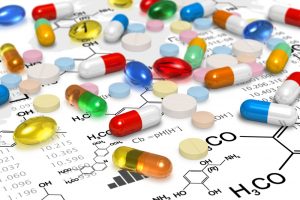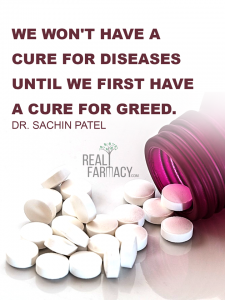Lesson THEME: Pharmaceutical Industry
The pharmaceutical industry discovers, develops, produces, and markets drugs or pharmaceutical drugs for use as medications to be administered (or self-administered) to patients to cure them, vaccinate them, or alleviate a symptom. Pharmaceutical companies may deal in generic or brand medications and medical devices. They are subject to a variety of laws and regulations that govern the patenting, testing, safety, efficacy and marketing of drugs.
Activity 1:
Listening exercise
Listen to the following 30-second sound clip:
Activity 2:
PICTURE
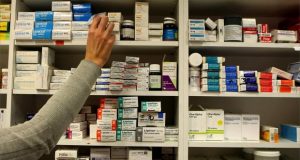
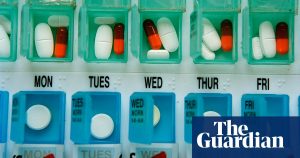
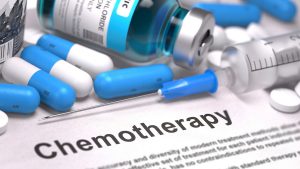
Describe what you see, in as much detail as possible.
Activity 3:
ARTICLE
Human medicines: highlights of 2018
European Medicines Agency (EMA) has published an overview of its key recommendations of 2018 on the authorisation and safety monitoring of medicines for human use.
New medicines are essential for public health as they can improve the treatment of diseases. In 2018, EMA recommended 84 medicines for marketing authorisation. Of these, 42 had a new active substance which has never been authorised in the EU before. Many of these medicines represent a significant improvement in their therapeutic areas; they include medicines for children, for rare diseases and advanced therapies.
Once a medicine is placed on the market, EMA and the EU Member States continuously monitor the quality and the benefit/risk balance of the medicine under its authorised conditions of use. In 2018, EMA gave new safety advice to manage risks observed with a number of medicines on the market in the EU. Regulatory measures ranged from a change to the product information to the suspension or withdrawal of a medicine. An overview of some of the most notable recommendations is also included in the document.
Only for future reference:
Activity 4:
Debate
Statement:
In a digital age, patients are much less dependent on their doctors for advice, increasingly able and willing to take greater control of their own health
Do you agree – why or why not?
Take a stand point and defend your opinion.
Activity 5:
QuOte:
Please explain what your understanding is of this quote.
Do you agree or disagree with it? Why or why not?
Activity 6:
role play:
Scenario 1: You are a pharmaceutical representative. Convince the pharmacy / retail outlet to stock your new sunburn relief gel (Aloe Vera).
Scenario 2: You are a doctor. Tell your patient why it is important to seek advice from a doctor instead of diagnosing themselves using the Internet.
.
Activity 7:
IDIOMS:
English idioms, proverbs, and expressions are an important part of everyday English. Because idioms don’t always make sense literally, you’ll need to familiarize yourself with the meaning and usage of each idiom.
Learning to use common idioms and expressions will make your English sound more native, so it’s a good idea to master some of them.
Alive and kicking
As pale as a ghost
An apple a day keeps the doctor away
Feel on top of the world
Go under the knife
Sick as a dog
Activity 8:
PHRASAL VERBS:
Phrasal verbs open up a whole new world of possibilities for speaking English. They are phrases that give verbs completely different meanings. They are also used often in everyday conversation, which makes them important to know.
Pass out
pass away
Come down with
Throw up
Shake off
Activity 9:
ASK QUESTIONS REGARDING THESE STATEMENTS:
She was very pale right before she passed out
John did not consult a doctor as he has no medical insurance
Sally exceeded her dosage and experienced side-effects
Activity 10:
headlines:
MP criticiseS NHS over failure to prescribe medical cannabis
Dept of pharma ignores health ministry concerns, removes price caps on patented, rare disease drugs
Diabetes-related lower limb amputations jump nearly 20%
Activity 11:
Homework:
Write a 200 word article on:
How Can AN individual ensure good health? What can one do (or what should one not do) to experience a healthy life?
This is a writing and speaking exercise.
